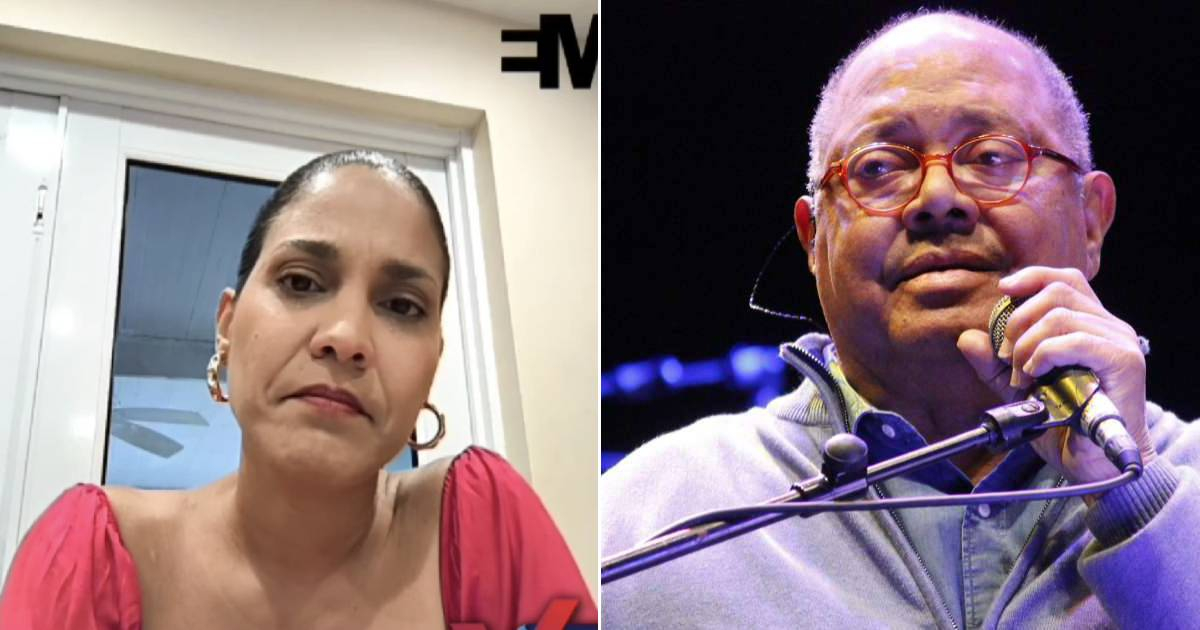
Singer Haydée Milanés He stated that the greatest sadness in the life of his father, the singer-songwriter Pablo Milanés, was the Cuban revolution.
In interview with journalist Ernesto Morales he stated that his father's disappointment with the system ended up killing him.
"It was a process that lasted years but I have all the memories, for me my dad was an example to follow, I was always attached to him and I watched him a lot. I saw how he was becoming disappointed and I saw him say phrases like "you think we have fought so hard for this, for people to be doing this work, for people to be living this way", I think that ended up killing him, and I think it was a great disappointment, a great betrayal. He believed in justice and supported a system that he believed would be beneficial for everyone," he explained.
The legendary singer-songwriter died in November of last year at the age of 79 in a Madrid hospital and was recognized by the cuban exile at the same time that the Havana regime wanted take ownership of the significance of your work.
Pablo's political loyalties and commitments experienced an evolution not unrelated to the disenchantment that prominent figures of the intellectuals and the artistic world have expressed with respect to the regime.
From being considered a celebratory singer of the so-called "revolutionary process", Pablo began to express his disagreement with government decisions and bureaucratic obstacles that prevented any group or individual initiative within the country. In 1990 he created the Pablo Milanés Foundation in Havana, a non-profit entity with the purpose of promoting artistic creation and editorial production without the control of the Ministry of Culture.
It would just be the beginning of a distancing stage which led to denunciations and strong criticism of the conduct of the Cuban government and its reluctance to promote democratic changes in the country.
In 2021 he declared himself in defense of the July 11 protesters in Cuba and last September of last year he was among the Cuban artists and intellectuals who signed a manifesto calling for changes in the country “within a spirit of sovereignty, inclusion and respect for the human being".
What do you think?
SEE COMMENTS (1)Filed in: